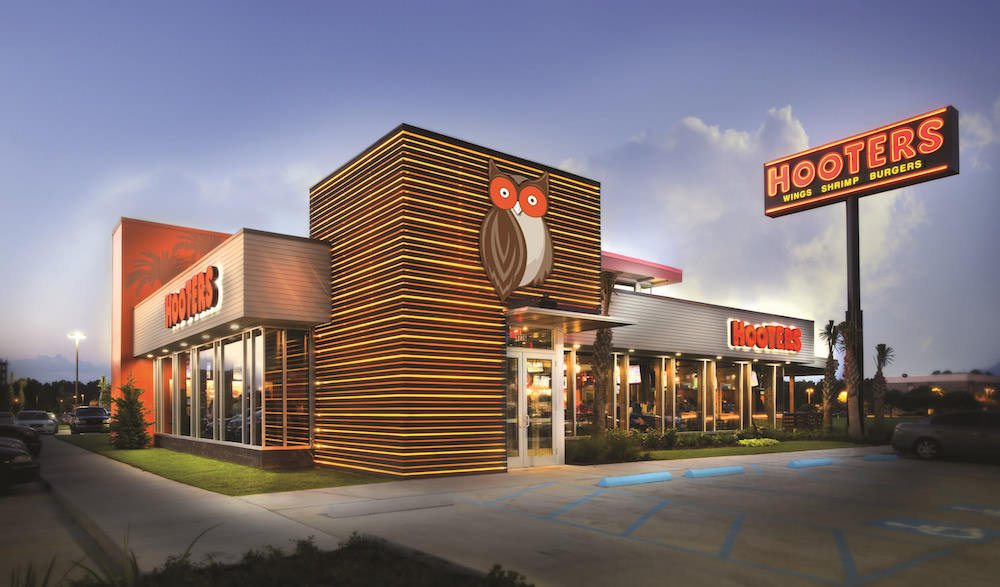Hooters Franchisee Looks to the Blockchain to Drive Interest in Its Loyalty Program

Photo Caption: An architect's rendering of a Hooter's restaurant. The restaurant's parent company says it is experimenting with blockchain technology for its loyalty program.
Skift Take
Interest in cryptocurrency and blockchain technology has never been higher, so this is more a smart marketing play than technological advancement.


